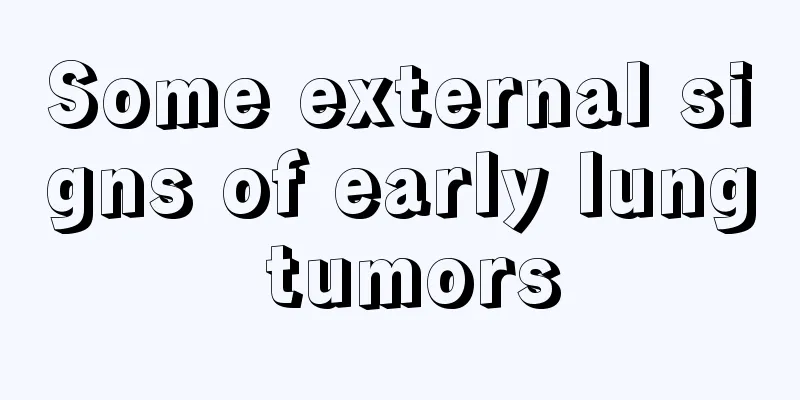How to treat minor cerebral hemorrhage?

|
Cerebral hemorrhage is a common phenomenon among the middle-aged and elderly population. Sometimes, if not treated in time, it may even threaten life. Therefore, correct treatment must be paid attention to. The patient must maintain absolute safety or bed rest, and pay attention to the patency of the airway and clear secretions or vomit in the mouth. 1. Treatment principles: reduce intracranial pressure and control cerebral edema to prevent brain herniation, and lower elevated blood pressure to prevent further bleeding. 2. Conventional treatment (I) General treatment: ① Keep quiet and stay in bed. First aid should be given locally. Long-distance transportation and excessive movement are not recommended to avoid aggravating bleeding. ② Keep the airway open and remove oral secretions or vomit at any time. 3. Provide appropriate oxygen, preferably intermittently; 4. Maintain nutritional and water and electrolyte balance. (ii) Control cerebral edema and reduce intracranial pressure; (III) Controlling high blood pressure and lowering elevated blood pressure are important measures to prevent further bleeding, but blood pressure should not be lowered too low to prevent insufficient blood supply. Generally, it is best to maintain it at 20.0 ̄21.3/12.0 ̄13.3kpa (150 ̄160/90 ̄100mmhg); (iv) Hemostatics and coagulants have no effect on cerebral hemorrhage, but they can still be used if there is concurrent gastrointestinal bleeding or coagulation disorders; (V) Prevention and treatment of complications. Critically ill patients should receive special basic care, with regular and gentle changes of body position, attention to keeping the skin dry and clean, and prevention of bedsores and lung infections. Paralyzed limbs should be kept in functional positions, massaged and passively exercised to prevent joint contractures. 3. The combination of traditional Chinese medicine, acupuncture and massage therapy has certain effects on treatment and rehabilitation. [Prevention] Hypertensive patients should control their blood pressure under the guidance of a physician and avoid factors that may induce high blood pressure, such as drastic changes, full meals, strenuous activities, straining during bowel movements, and sexual intercourse. If you experience severe posterior headache or neck pain, movement and sensory disorders, dizziness or syncope, nosebleeds, blurred vision, etc., these may be signs of cerebral hemorrhage and you should go to the hospital for examination in time. |
<<: What should I do if my front teeth are crooked?
>>: What are the effects of Ganoderma lucidum chrysanthemum tea?
Recommend
Time for front teeth to replace
Children's tooth replacement period begins at...
A good way to treat nasopharyngeal cancer
A good way to treat nasopharyngeal cancer 1. Rhin...
Prevention of Gallbladder Cancer
Primary gallbladder cancer is relatively rare in ...
Can hawthorn and brown sugar water help lose weight?
Hawthorn and brown sugar water is very easy to ma...
Acne is caused by lack of sex life
Nowadays, most people face the problem of acne. A...
Symptoms of brain metastasis from lung cancer
Symptoms of lung cancer brain metastasis: Lung ca...
What is the reason for a low-grade fever that won't go away
Cold is a disease with a very high incidence rate...
Doing this to your thumb can actually cure diseases
Each of us has a thumb, but did you know that our...
Legs are thin in the morning and thick in the evening
People who are more conscious of beauty will care...
Is it serious to have Hepatitis B virus (HBV)?
Many people are afraid of the big three Yang, big...
Causes of dull pain in the left and right upper abdomen
Abdominal pain is a problem that bothers many peo...
How to do hair pulling care
Many women in life want to have black, shiny and ...
Are intrahepatic calcification or intrahepatic bile duct stones serious?
The severity of intrahepatic calcification or int...
What should I pay attention to when shingles scabs?
Shingles is relatively common and brings trouble ...
What to do if there are polyps in the eyes
People with polyps in their eyes are very likely ...









